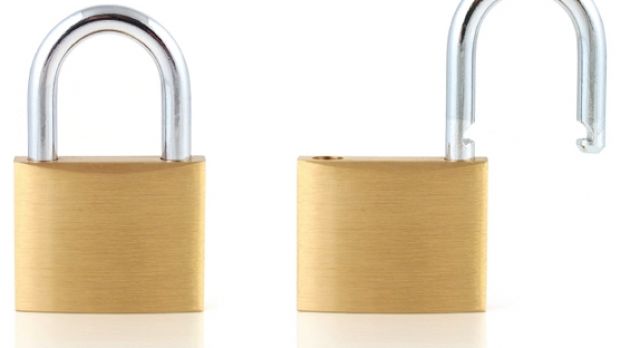
- Firesheep 0.1 compatibility driver#
- Firesheep 0.1 compatibility software#
- Firesheep 0.1 compatibility windows#
Instead, Firefox and Chrome want to block websites based solely on Google's "dangerous website" list. If such bad actors do concern you, the proper course of action is an IP block. oh, wait, such a mechanism does exist, and it is local DNS entries.ĭNS does not exist for the sake of censorship, it exists to provide name resolution - arguing its raison d'etre is that it should exist to do poor name resolution seems like a queer idea. There ought to exist a mechanism right now to tell my country "this domain is terroristic and nobody in my country should be allowed to connect to it", and. You could rewrite the sentence as such, and it would still make as much sense How can Firefox tell it is really you, the user, of which it is the agent, though? Such cases are a hundred to one compared to corporate/national attacks. oh, wait, such a mechanism does exist, and it is local DNS entries. There ought to exist a mechanism right now to tell my network "this domain is untrusted and nothing on my network should be allowed to connect to it", and.
Firesheep 0.1 compatibility software#
ISP money from DNS hijacking and commercial filter software are pennies on the dollar compared to the economic might of CloudFlare/Google. I won't deny they don't line up 100%, but they're far closer to perfect than they have ever been in the past. Hell, commercial interests are trying to sabotage TLS 1.3, because enterprise software relies on flaws in TLS1.2 to do things that were easier to implement without abusing TLS1.2 in the first place. Commercial filter software relies on DNS being transparent. ISPs use their status as "your DNS server" to serve ads on failed lookups instead of returning an error.
Firesheep 0.1 compatibility driver#
Why does it need to be made sure that newer browsers exist for older systems? In theory, there is nothing preventing anyone from making or backporting a browser if they feel the existing alternatives are inadequate, and in practice, Vista and below are exceedingly rare nowadays - heavy enough of an edge case that anyone using XP as a daily driver certainly knows what they're getting themselves into.Īlso, there's a financial incentive to NOT change the DNS infrastructure. I mean, who the hell is too poor to afford anything but a PowerBook 190? Poor people use low-end/used/old smartphones, and they handle the Modern Web™ just fine. Well, while it's regrettable, that is the way things work anyway, so then it only makes sense that this should be made a basic underlying assumption and worked with from there.

If you want to tell me privacy needs to be aggressively pursued at the cost of breaking existing browsers, you need to make sure that new browsers are available for older systems. There is nothing wrong with their Vista and XP machines, but browser vendors said we can't use them anymore and websites said we can't use old browsers. That ALREADY leaves a lot of people out in the cold.
Firesheep 0.1 compatibility windows#
Current versions of Firefox and Chrome won't run on anything older than Windows 7. I don't think that "if someone can't afford a new computer, they should be banned from the internet" is a good attitude, and that's where we're headed.


 0 kommentar(er)
0 kommentar(er)
